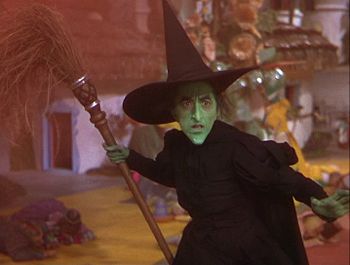Reading scores for American adults of almost all education levels have deteriorated, notably among the best-educated groups. From 1992 to 2003, the percentage of adults with graduate school experience who were rated proficient in prose reading dropped by 10 points, a 20 percent rate of decline.
Hmm, that does not sound too good. It became even more dire when three consequences of this study were described as:
Nearly two-thirds of employers ranked reading comprehension “very important” for high school graduates. Yet 38 percent consider most high school graduates deficient in this basic skill. American 15-year-olds ranked fifteenth in average reading scores for 31 industrialized nations, behind Poland, Korea, France, and Canada, among others. Literary readers are more likely than non-readers to engage in positive civic and individual activities – such as volunteering, attending sports or cultural events, and exercising.
I have been a reading teacher and adult literacy advocate both professionally and personally over the years, and I have always maintained that, as the slogan goes, reading is fundamental. It seems the more detailed NEA report is issuing more of a dire call to action, with one of the solutions being The Big Read, a national book-club discussion group in local communities. While I started a local book discussion group with a few neighbors, I think gathering people together to discuss great works of literature (by which I mean enduring texts that speak to different generations about issues in the human condition) is a wonderful idea. While reading is a very personal experience, it becomes richer when the interpretations are shared and discussed and minds are opened to different perspectives and experiences. Let us hope that reading (by which the NEA is primarily not discussing magazines, blogs, peer-reviewed literature, or the like) will be more discussed as a result of this report. By the way, I amongst all the Kant, Harvard Business Reviews, blogs, magazines, journals, and peer-reviewed work for a research project I am working on, I am still reading a classic novel by Willa Cather–One of Ours. It won a Pulitzer Prize in 1923, by the way, and is even available full-text freely online at Bartleby.
Technorati Tags: readability, National Endowment for the Arts


 Not sure why I like this tune so much. The rhymes? Cleverness? Passion? Humanity? Triumphant? Reminiscent? Triumph over evil? Jubilation of justice? Whatever the case, I hum this tune frequently. I wonder if she was green, too?
Not sure why I like this tune so much. The rhymes? Cleverness? Passion? Humanity? Triumphant? Reminiscent? Triumph over evil? Jubilation of justice? Whatever the case, I hum this tune frequently. I wonder if she was green, too? The
The